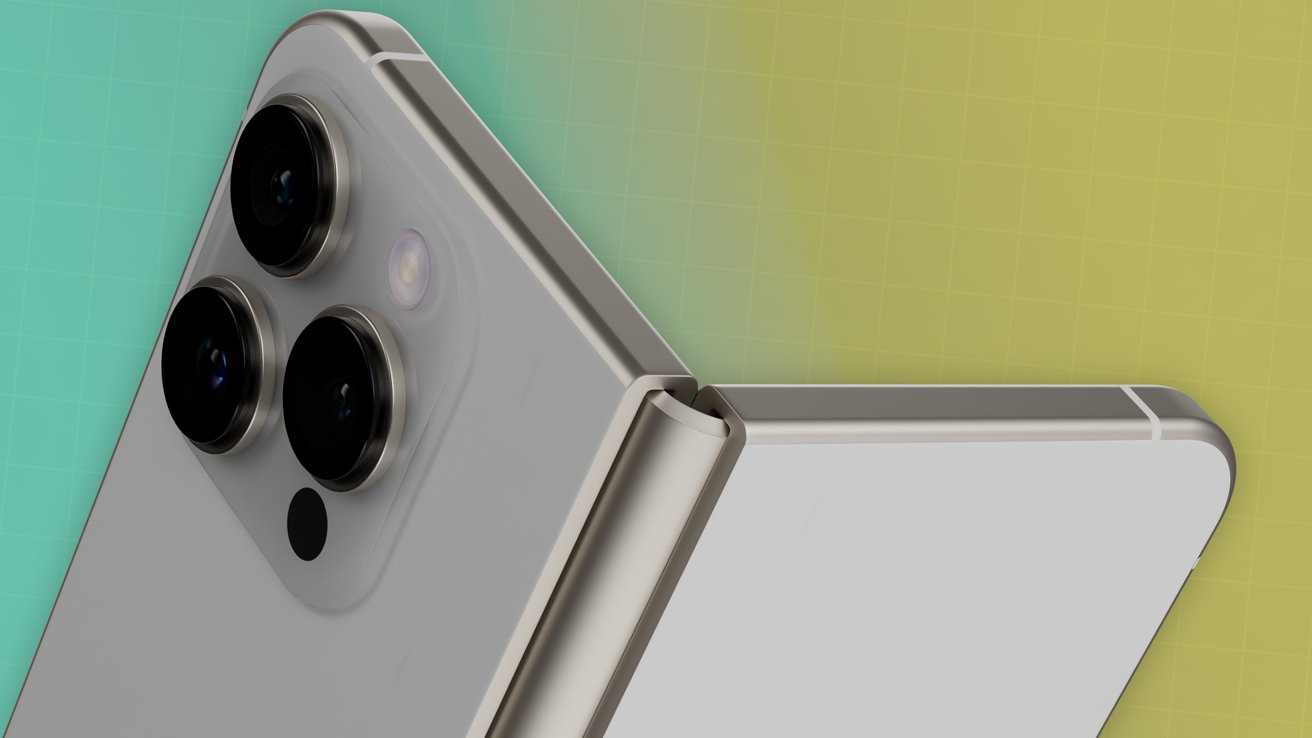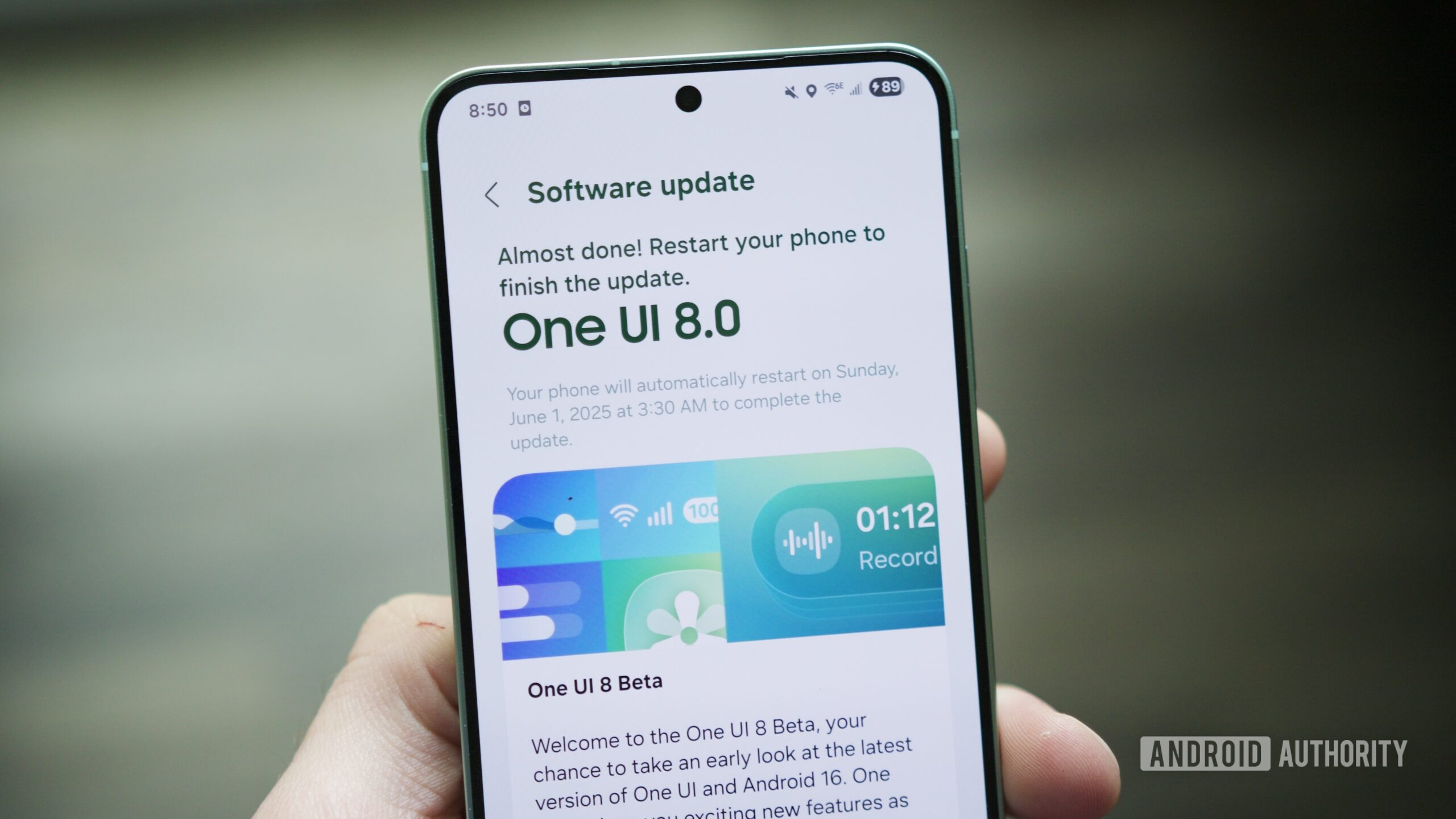A GROUP of homeowners have revealed how they devised a cunning solution to prevent cars from speeding on their street.
Residents of Crease Street in Fishtown, Philadelphia, grew frustrated with vehicles racing by and putting their children’s lives at risk, so they decided to take matters into their own hands.
3

3

3
The idyllic, one-way street is typically filled with children riding their bikes and scooters, playing on the sidewalk or in the community garden.
But there’s also a growing concern about cars going too fast along the street.
Speaking to FOX29, one resident, Justine Miller, said: “They just fly down our road.
“I mean they turn the corner and they speed up to get to the end.”
Another homeowner on the street, Tony Colantonio, a father of two, says part of the problem is the area has grown tremendously in recent years, with old traffic laws not designed for today’s neighborhoods.
He added: “I don’t think anybody could have predicted the amount of growth.
“Streets like this, we see a lot of traffic as a result and unfortunately, our street is being used as a thoroughfare and a high-speed thoroughfare.”
Tired of there being too many near misses, the street grouped together to find a solution.
They opted to buy and install their own removable speed bumps – with one placed at the beginning of the road, near Thompson Street, and another at the Girard Avenue end of the block.
Helene Mitauer, who has lived on the block for 24 years, said: “We had one a little bit in front and one in the middle of the block.
“Believe it or not, it helped.”
Miller added: “They did work. The cars actively slowed down. Some came to a complete stop before going over them.”
But the bumps didn’t last long, as residents claim someone complained about them to the police and, after eight months, they were removed.
Mitauer said: “I think either regulations should be changed or something should happen to make it easier for blocks like ours to get really good help.”
Locals have since opened a dialogue with City Council members, with hopes that they’ll be able to find a solution.
For now, their system consists of shouting “Car!” to alert their kids when someone is driving down the street.
Miller said: “In an ideal world, we’d love legal speed bumps. That is our main goal.”
Colantonio added: “If we had a permanent solution here, I think we’d all feel a little more comfortable.”
How to fight a speeding ticket

According to a legally reviewed post, there are five effective strategies to fighting a speeding ticket if it was wrongfully issued.
- If pulled over and issued a ticket, drivers can argue or dispute a driver’s personal opinion. When issuing a speeding ticket, an officer is required to write their opinion and come to an “objective” conclusion. If the ticket was written based on that judgment, it can be contested. An example would be if you were going 75 mph in a 65 mph zone because others were traveling at the same speed, you could argue that it would be more dangerous to travel at 65 mph.
- You can dispute the officer’s presentation of evidence. If you were ticketed for something like running a stop sign or making an illegal u-turn, you can’t contest that if an officer saw you, but you can call things into court like eyewitnesses, diagrams, or photos.
- Argue that the ticket was issued by a “mistake of fact.” This is tricky, but a “mistake of fact” is a mistake made by a driver about a situation that was beyond their control, or if a driver legitimately did not know they were violating the law. For example, you were driving in two lanes because the lane markers were so worn down that you could not see them.
- You could say circumstances justified your driving. You could say you were speeding to pass a possibly drunk driver, or avoiding an accident by rapidly changing lanes. However, the argument won’t work if there’s proof you continued to speed after passing.
- Similar to the above, it could be argued that speeding was necessary to avoid harm. The key is to argue that if you weren’t speeding, you or someone else could have been harmed.
- Consult a traffic attorney, if all else fails. Many have free consultations to decide whether or not there’s a case.
Source: FindLaw








